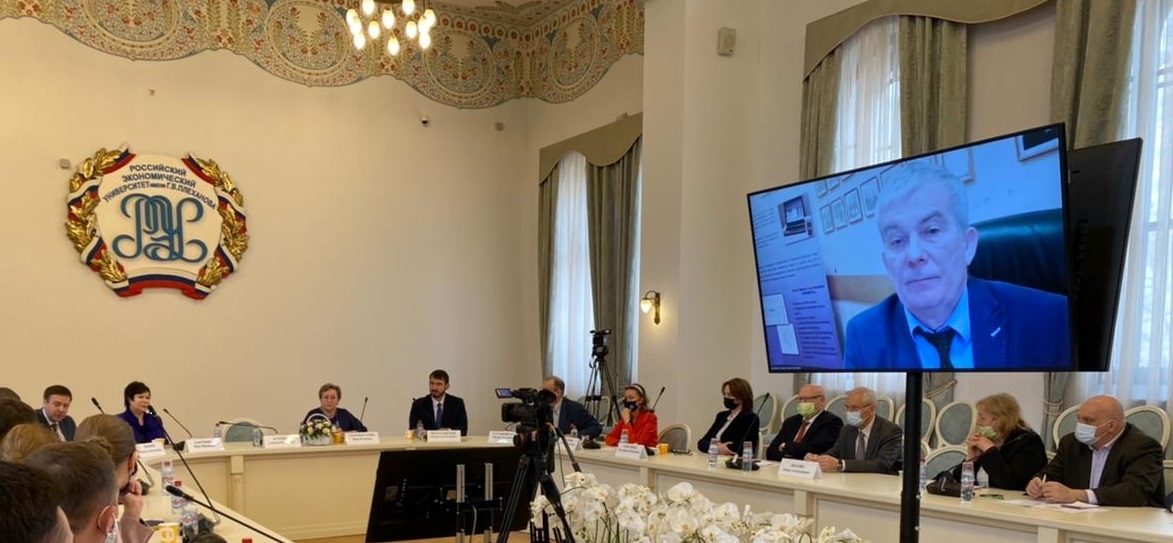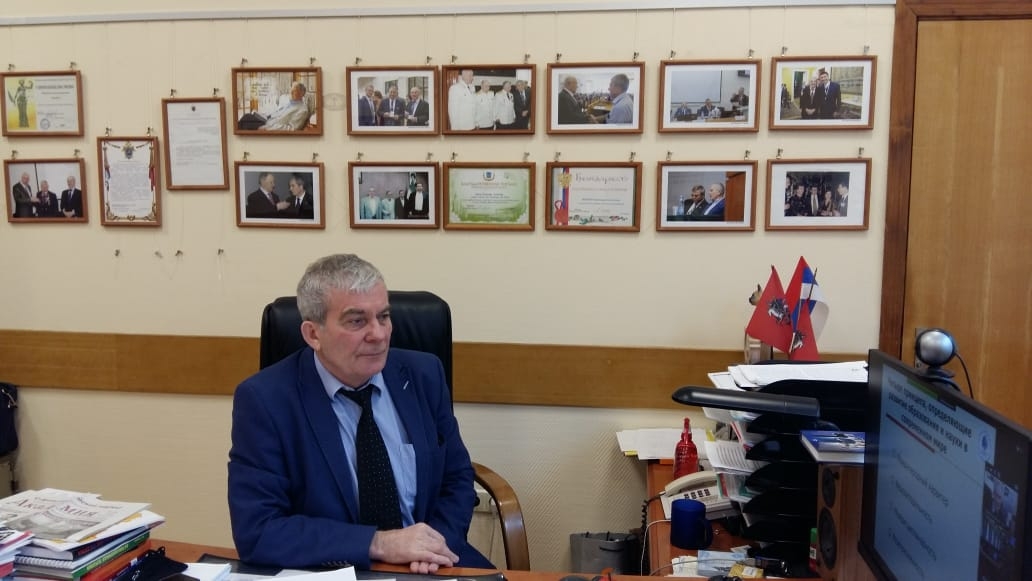О
П
Д
Т
М
К
RosNOU Rector takes part in international students' online education problems discussion
19 March 2021
RU
You're reading
RosNOU Rector takes part in international students’ online education problems discussion
19 March 2021
Related reading
RosNOU and Zhejiang Shuren University sign agreement on cooperation
Universities intend to cooperate in scientific and educational fields.
RosNOU Rector becomes academician of Russian Academy of Education
Vladimir A. Zernov has become a full member of the Russian Academy of Education.
RosNOU’s Rector Vladimir Zernov becomes co-head of joint ad hoc group to develop Three University Missions Ranking
The decision to set up the ad hoc group was made by the Council of the Russian Rectors’ Union and the executive committee of the Russian Academy of Sciences.
RosNOU and Al-Mustafa International University determine areas of cooperation
RosNOU and Al-Mustafa International University (Iran) signed a cooperation agreement.
RosNOU establishes cooperation with Chinese university
Rector of the Russian New University (RosNOU) Vladimir Zernov has signed a cooperation agreement with Shandong Vocational and Technical University of International Studies (SWUT).
RosNOU & Islamic Azad University in Iran agree upon cooperating in educational programs and research projects
RosNOU delegation takes part in Russia-UK University Rectors Forum
The Rectors have discussed creating a space for effective cooperation in education and science.
RosNOU and University of Tuscia to launch double degree Master’s program in Economics
The language of instruction at the program will be English. Students of the two universities will also be able to study disciplines that are not on the curriculum at the receiving university in Russian and Italian languages respectively.

